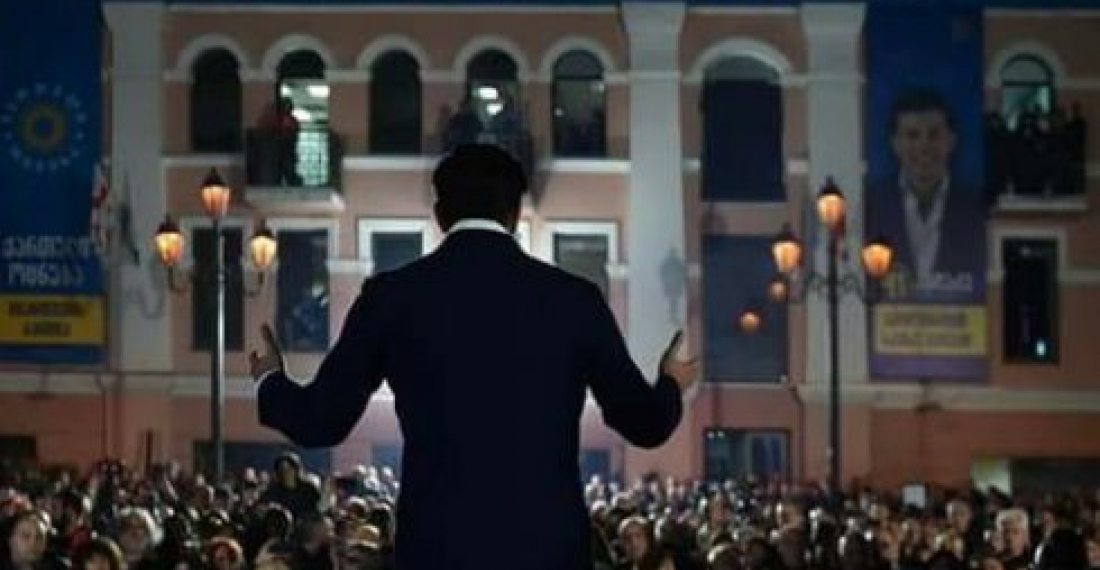The Georgian Dream (GD) party looks set to consolidate power by winning in most urban centres in municipal elections held in Georgia on Saturday (22 October).
In the most important poll, that for the post of Mayor of Tbilisi, the GD charismatic candidate, Kakha Kaladze has been elected with a convincing margin, with opinion polls suggesting he has won 54% of the votes cast, leaving his other opponents way behind.
This was the first major test for the GD since its victory in parliamentary elections in October 2016. It is also the first country wide election since the split in the United National Movement (UNM).According to preliminary data released by the Georgian Central Elections Commission, voter turnout nationally was 45.64% which means that 1 570 500 people cast their vote
In Tbilisi voter turnout was 43.4%.
source: commonspace.eu with agencies
photo: Kakha Kaladze addressing supporters at GD headquarters in Tbilisi following his victory for the post of Mayor of Tbilisi in municipal elections held on Saturday, 22 October







